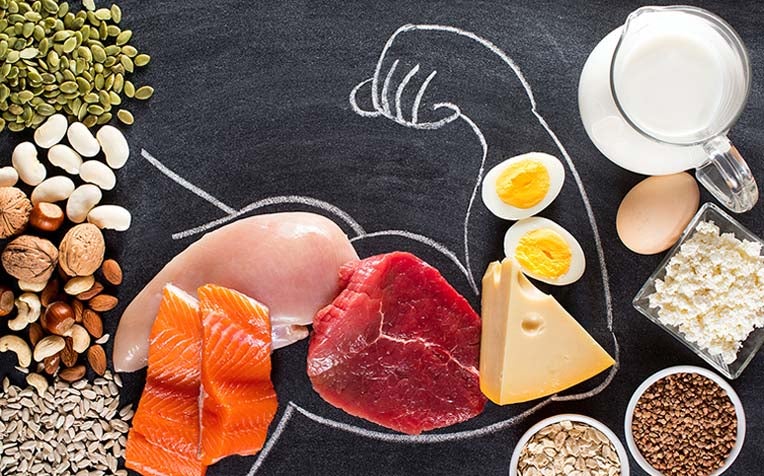
Protein consumption is vital for pressure wound healing as it promotes growth and repair of body tissues and collagen formation.
Nutrition plays a vital role in the prevention and treatment of chronic wounds, such as pressure injuries.
"Inadequate nutrition increases the risk of developing pressure injuries and infections, which delays the healing process," shares Ms Sandra Tan, Dietitian, from the Department of Dietetic & Food Services at Changi General Hospital (CGH), a member of the SingHealth group.
"It is crucial to have enough calories from your meals in the form of carbohydrates, protein and fat. Without sufficient calories, our bodies will then tap on our energy stores and protein from our muscles to produce energy to meet our needs. This in turn leads to muscle wasting, which further impairs the wound healing process," she adds.
5 Nutrition tips to improve wound healing
Aim to have adequate protein in the form of animal or plant products for each meal.
Sufficient calories coming from carbohydrates, protein and fat are essential to produce energy for the body to function.
Red, yellow and green fruits, and vegetables such as red peppers and broccoli provide vitamins, while meat, poultry, dairy and wholegrain products contain minerals and amino acids to aid the wound healing process.
Ensure sufficient hydration by drinking 1.5 to 2 litres of water daily.
Seek a dietitian’s help for specific and tailored dietary advice in the management of pressure injuries.
Protein promotes wound healing
Protein is vital for the growth and repair of our body tissues and in collagen formation. Studies have found that an increased protein intake is linked to improved pressure injury healing.
The National Pressure Injury Advisory Panel (NPIAP), in its 2019 guidelines, recommends that individuals with pressure injuries should consume 1.2-1.5g of protein per kilogram of body weight spread throughout the day.
Protein comes from both animal sources such as chicken, fish, eggs, red meat and dairy products, as well as plant sources such as tofu, soy and bean products.
As a rule of thumb, each meal should contain a protein source in order to meet the daily requirements. To know what you should put on your daily plate, check out this article.
Vitamins and minerals — in particular antioxidants such as vitamins A, C and E and minerals such as zinc — also help accelerate wound healing. Staying well-hydrated also helps in the wound healing process.

Read page 1 for how to prevent pressure injuries such as bed sores and diabetic foot ulcers.
This article was adapted from CGH's Caring Magazine (Issue 1, 2022)
Ref: J22
Check out other articles on food tips:
Contributed by















 Get it on Google Play
Get it on Google Play